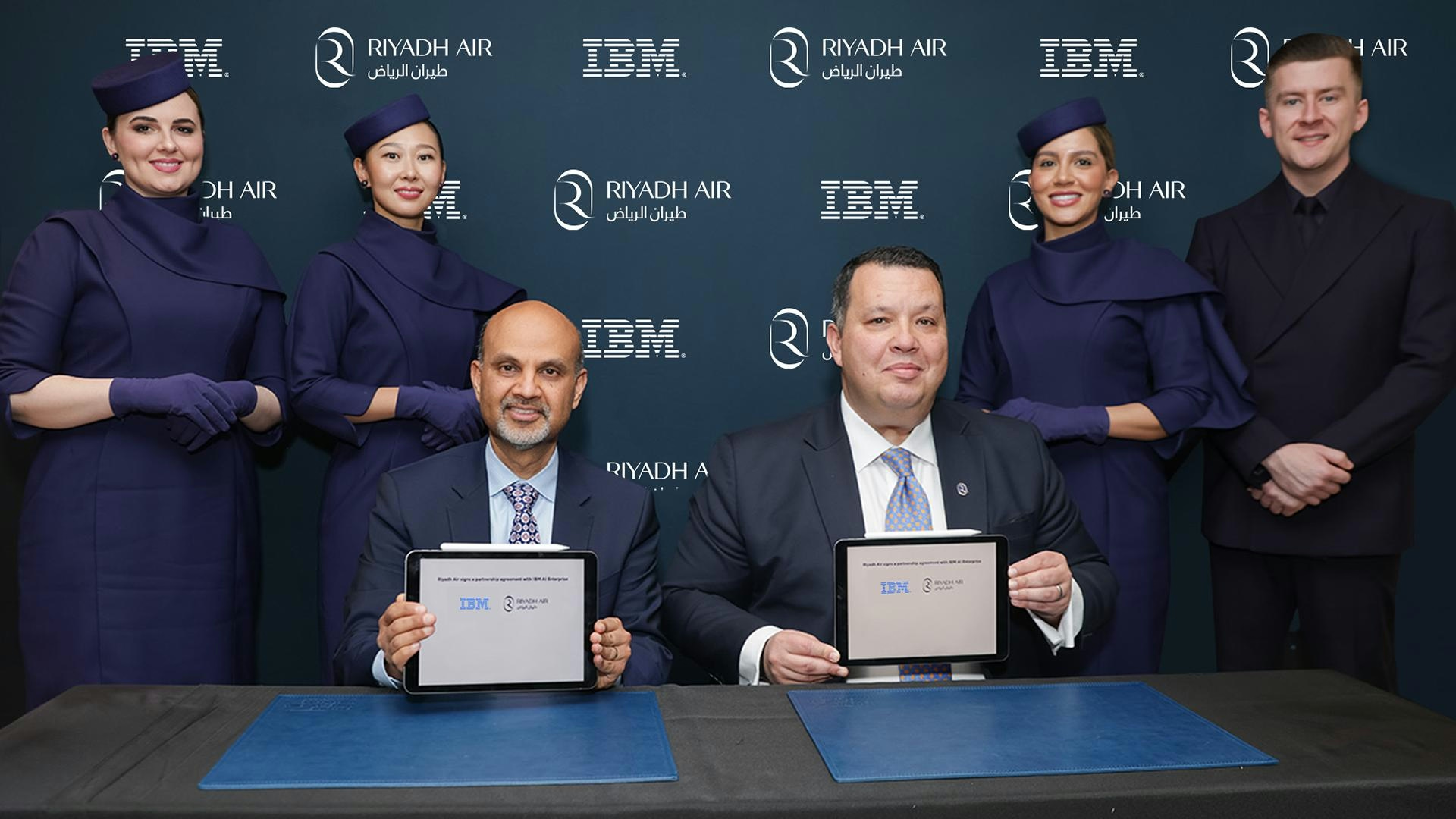AeroGenie — Ihr intelligenter Copilot.
Trends
Categories
Digital Transformation and the Future of Saudi Arabia’s Aviation Industry

Digital Transformation and the Future of Saudi Arabia’s Aviation Industry
The COVID-19 pandemic has acted as a catalyst for transformation across numerous sectors, with the aviation industry undergoing some of the most significant changes. In the Middle East, Saudi Arabia has emerged as a dominant force, commanding the largest share of the region’s aviation market and pursuing ambitious plans to expand its influence further. The Saudi government has set a target to triple the size of its aviation sector from SR80 billion ($21.3 billion) in 2018 to SR280 billion ($74.6 billion) by 2030, employing a multifaceted strategy to realize this growth.
Infrastructure Development and Strategic Partnerships
Central to this vision is the development of new infrastructure, including the recent announcement of a new airport and a national carrier based in Riyadh. Alongside these initiatives, upgrading existing airports remains a priority, with a strong emphasis on sustainability and operational efficiency. Industry leaders such as Honeywell have partnered with Saudi stakeholders to drive digital transformation, delivering solutions that enhance both passenger and staff experiences while advancing environmental objectives like reducing energy consumption.
A notable example of such collaboration is Honeywell’s partnership with Riyadh Airports Company (RAC). In 2021, the two entities signed a memorandum of understanding to explore advanced integration and automation technologies at King Khalid International Airport (KKIA). This initiative aims to improve operational efficiency, predictability, and safety, while simultaneously minimizing environmental impact. Through these strategic partnerships, Saudi Arabia is positioning itself to offer some of the world’s most advanced and sustainable airport operations.
Embracing Advanced Technologies Amid Challenges
The digital transformation of Saudi Arabia’s aviation sector is further propelled by the adoption of advanced analytics and next-generation technologies. These innovations facilitate better management of passenger flow, enhance indoor air quality, enable frictionless access control, and increase energy efficiency. As safety, operational efficiency, and sustainability become paramount concerns, such technologies are helping airports both within Saudi Arabia and globally to become healthier, safer, and more secure environments.
Nonetheless, the journey toward a fully digitally transformed aviation sector faces several challenges. Limited market competition and ineffective policy frameworks can impede innovation by reducing incentives for manufacturers to develop new solutions. Moreover, delays in adopting innovative aircraft technologies are slowing progress toward a greener aviation industry. To overcome these obstacles, industry players are increasingly leveraging advanced technologies and forming strategic partnerships, while investing in infrastructure modernization and the deployment of new digital tools to strengthen the domestic aviation ecosystem.
Despite these challenges, Saudi Arabia’s aviation sector is steadily positioning itself for a resilient and sustainable future. By embracing digital transformation and addressing structural impediments, the Kingdom aims to consolidate its leadership in the regional aviation market and establish new benchmarks for operational excellence and environmental stewardship.

Capital A Completes Sale of Aviation Business to AirAsia X

Four Gateway Towns to Lake Clark National Park

PRM Assist Secures €500,000 in Funding

Should Travelers Pay More for Human Support When Plans Go Wrong?

InterGlobe Aviation Shares Rise 4.3% Following January Portfolio Rebalancing

Key Market Segments Shaping Airline Route Profitability Software

Locatory.com Gains Traction Among Aviation MROs and Suppliers

JetBlue Flight Makes Emergency Landing Following Engine Failure

58 Pilots Graduate from Ethiopian University

The Engine Behind Boeing’s Latest Widebody Aircraft
